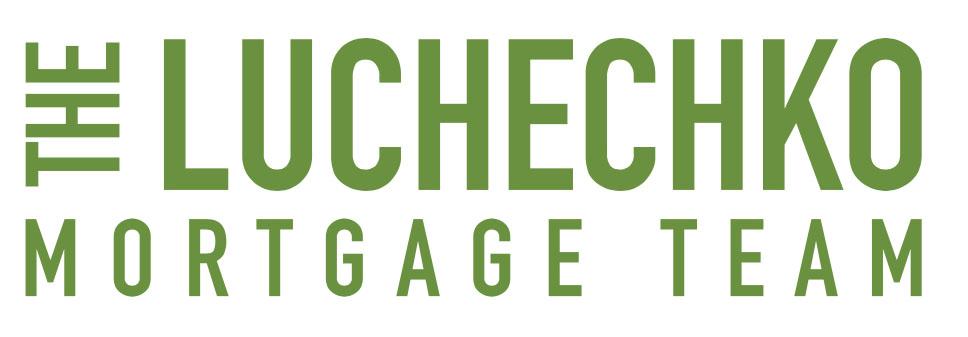Why should I get pre-approved?
There are several reasons:
You will know how much loan you qualify for.
You will know how much your estimated payments would be. Sometimes, even if you qualify for more, you would like to keep your payments lower because of other obligations.
Most real estate agents (especially the good ones) will not show your properties till they are sure you are pre-approved for a mortgage.
Sellers won’t consider your offer to buy, till a pre-approval letter is attached to the offer.
If there are any red flags, it gives you time to work on it and correct it before you buy a house.
Get Pre-approved for a Mortgage. Luchechko team offers an easy way for a mortgage process. It’s obviously a good idea to get your paperwork prepared ahead of time so that the pre-approval process is as thorough as possible.In order to get a pre-approval letter, you’ll start by filling out a loan application and submitting a few documents for the loan officer and / or underwriter to review.
Common Loan Pre-Approval Documents:
Income / Assets for Wage Earner:
Last 2 year W2s and Tax Returns
2 most recent Pay Stubs
2 most recent Bank Statements, 401(K), Liquid Assets, Investment Accounts
Income / Assets for Self-Employed:
Last 2-year Tax Returns – Business and Personal
Last Quarter P&L Statement
Letter of Explanation For:
Employment Gap or New Line of Work
Late Payments / Judgments / Bankruptcy on Credit Report
Other:
Bankruptcy Discharge
Child Support Documentation
Lease Agreements (If own other Rental Properties)
Mortgage Payment Coupons (If own other Real Estate
When do I qualify for a mortgage to buy a house after short-sale?
A pre-foreclosure sale or short sale is the sale of a property in lieu of a foreclosure resulting in a payoff of less than the total amount owed, which was pre-approved by the servicer.
Qualifying for Conventional mortgage after Short-sale:
The following waiting period requirements apply for conventional mortgage backed by Fannie Mae
Fannie Mae recently updated its guidelines and established a standard 4 year waiting period for a Pre-foreclosure sale (short sale) or deed-in-lieu of foreclosure, with a 2 year waiting period permitted if a borrower has extenuating circumstances.


